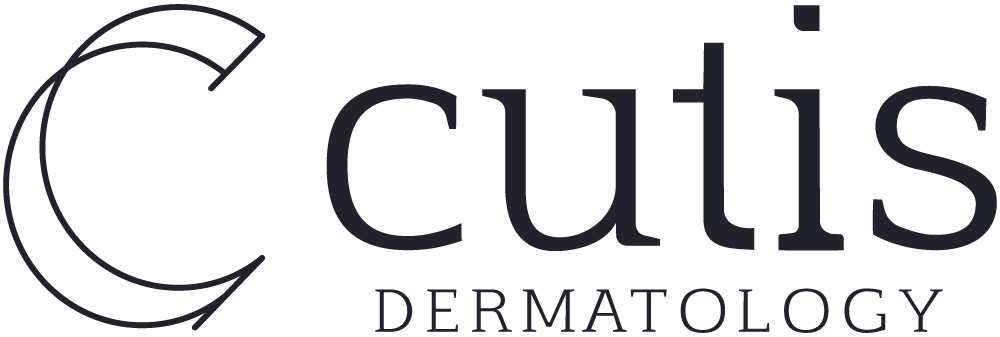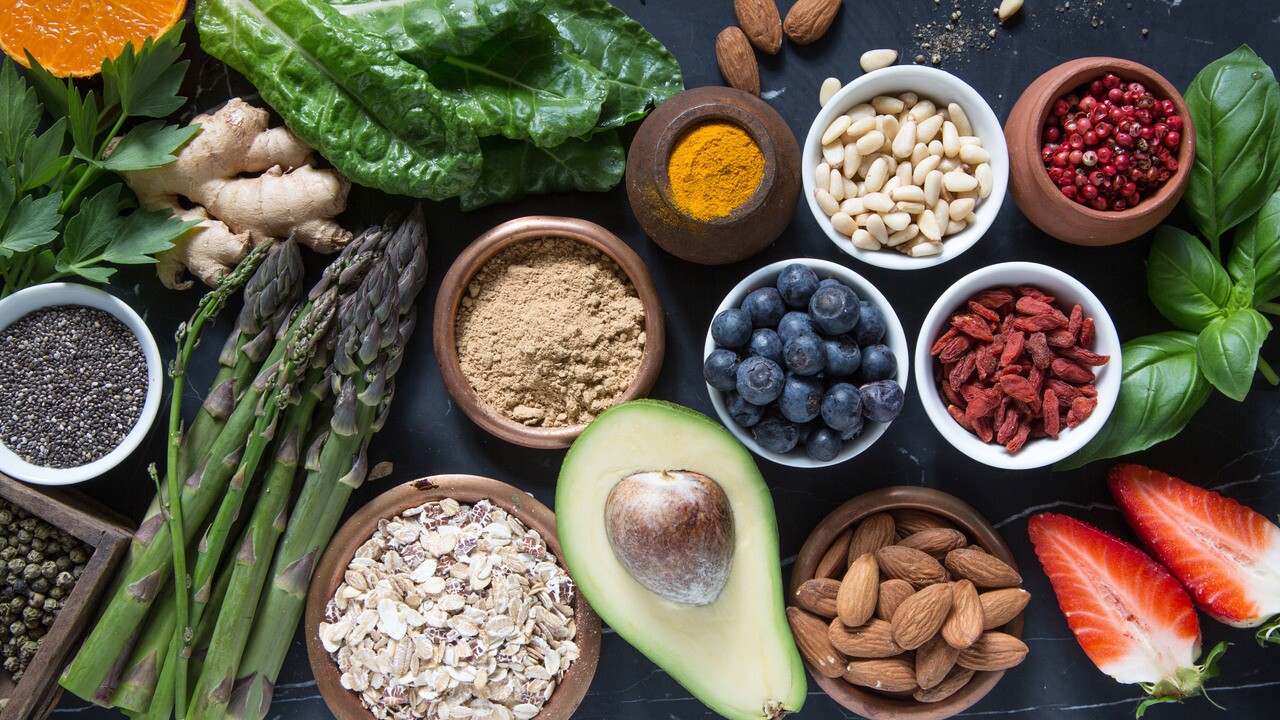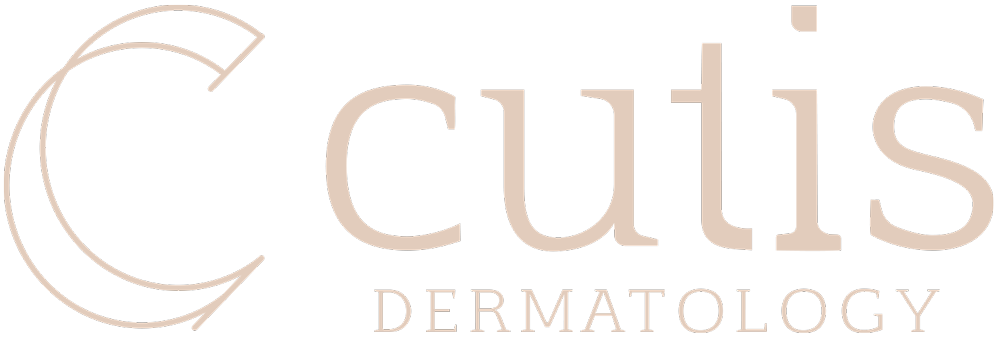What is a psoriasis diet?
There is no specific diet that has been proven to cure psoriasis, but some research suggests that certain foods may help reduce symptoms. These include:
- Fish and seafood: Omega-3 fatty acids, found in fish and seafood, may help reduce inflammation in the body.
- Fruits and vegetables: Eating a diet rich in fruits and vegetables may also help reduce inflammation.
- Whole grains: Whole grains, such as oats, quinoa, and brown rice, contain fiber and other nutrients that may help reduce inflammation.
- Low-fat dairy products: Some studies suggest that consuming low-fat dairy products may help reduce symptoms of psoriasis.
It is also important to avoid foods that may trigger psoriasis symptoms, such as processed foods, refined sugars, and saturated fats. It is best to consult a dietitian or a dermatologist to understand the best diet for you to follow.
What foods should I avoid if I have psoriasis?
If you have psoriasis, it’s important to pay attention to how different foods affect your symptoms. Some people find that certain foods can trigger flare-ups or make symptoms worse, while others may not notice any effect. Here are some foods that may be best to avoid if you have psoriasis:
- Alcohol: Consuming alcohol, especially in large amounts, can increase inflammation and make psoriasis symptoms worse.
- Gluten: Some people with psoriasis may have a sensitivity to gluten, a protein found in wheat, barley, and rye.
- Nightshade vegetables: Nightshade vegetables, such as tomatoes, peppers, eggplants, and potatoes, may aggravate psoriasis symptoms in some people.
- Processed foods: Processed foods can be high in sugar, saturated fats, and preservatives, all of which can increase inflammation and make psoriasis worse.
- Red meat: Consuming large amounts of red meat can increase inflammation in the body.
It is important to note that what triggers psoriasis symptoms may vary from person to person, so it may be helpful to keep a food diary to track which foods may be exacerbating your symptoms. It is best to consult a dietitian or a dermatologist to understand the best diet for you to follow.
What supplements help psoriasis?
- Vitamin A and Carotene
- Selenium
- Vitamin E and Omega 3
- Vitamin C
- Bioflavonoids
- Folic acid and zinc
- Potassium *
Can a gluten free diet help with psoriasis?
There is some evidence to suggest that a gluten-free diet may help reduce symptoms of psoriasis in some individuals. Gluten is a protein found in wheat, barley, and rye, and some people with psoriasis may have a sensitivity to it. When these individuals consume gluten, it can cause inflammation in the body, which can worsen psoriasis symptoms.
A study published in the Journal of the European Academy of Dermatology and Venereology found that among people with psoriasis and celiac disease, a gluten-free diet led to a significant improvement in skin lesions. If you would like to trial a gluten free diet as part of your psoriasis treatment, book a consult with an accredited dietician.
What is the link between psoriasis, heart disease and eating healthy?
Psoriasis is a chronic skin condition that is associated with inflammation, and research has shown that people with psoriasis have an increased risk of developing certain chronic health conditions, including heart disease. This is likely due, in part, to the underlying inflammation in the body.
Eating a healthy diet can help reduce inflammation in the body, which can in turn help reduce the risk of developing heart disease and other chronic health conditions.
A diet that is rich in fruits, vegetables, whole grains, lean protein, and healthy fats, such as those found in fish and nuts, can help reduce inflammation and improve overall health. Additionally, avoiding foods that are high in sugar, saturated fat, and processed ingredients can also help reduce inflammation.
It is also important to pay attention to other risk factors for heart disease, such as high blood pressure, high cholesterol, and smoking, and take steps to manage these risks.
A dietitian can help you understand how to create a healthy diet that is tailored to your needs and can help you manage the risk factors of psoriasis and heart disease. It is important to work with your healthcare provider to create a comprehensive treatment plan that addresses both the psoriasis and heart disease risk.
What other foods cause inflammation?
Foods that have been linked to inflammation include processed foods, fried foods, sugar, refined carbohydrates, red and processed meats, and alcohol. Some studies also suggest that a diet high in saturated and trans fats may contribute to inflammation. Additionally, certain food additives, such as emulsifiers and advanced glycation end products (AGEs), may also contribute to inflammation. However, it is important to note that individual responses to food may vary, and that a healthy diet should be tailored to the needs of each person.
How can you measure inflammation in the body?
There are several ways to measure inflammation in the body, including:
- Blood tests: Inflammation markers, such as C-reactive protein (CRP) and erythrocyte sedimentation rate (ESR), can be measured in a person’s blood. Elevated levels of these markers may indicate inflammation in the body.
- Imaging tests: Imaging tests such as X-rays, MRI, and CT scans can also be used to detect inflammation. For example, inflammation of the joints can be seen on an X-ray as a joint that is swollen and has less space between the bones.
- Biopsy: A small sample of tissue can be taken (biopsy) from an area of the body and examined under a microscope to look for signs of inflammation.
- Physical examination: A doctor may also be able to detect inflammation during a physical examination. For example, they may notice redness, warmth, and swelling in an affected area.
It’s important to note that these methods can only indicate the presence of inflammation but can’t identify the specific cause. Further testing may be required to identify the underlying condition causing the inflammation.
How do I take the first step in clearing my psoriasis?
Living with psoriasis can be problematic, troublesome & frustrating. The experts at Cutis Dermatology will provide the recommendations and treatments to get you cleared up in no time! Contact us here.


